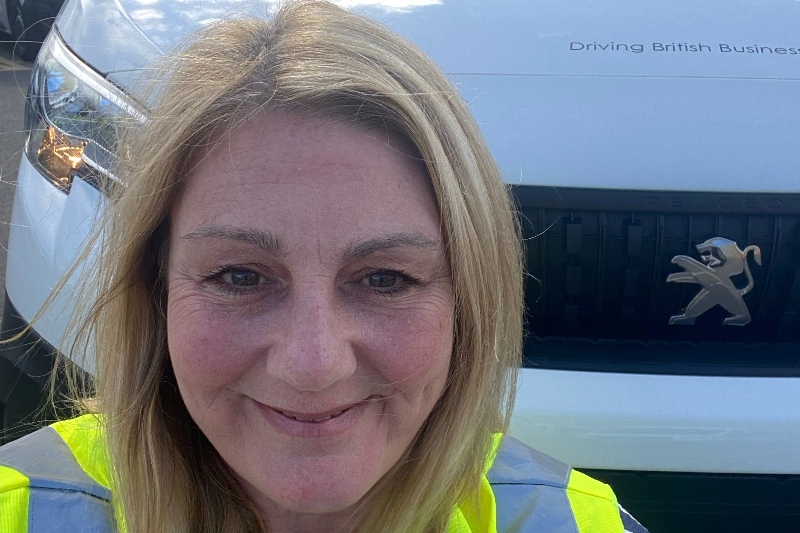

What is the size and makeup of your fleet?
Rotherham Council operates a fleet of 337 vehicles, that consists of cars, light & heavy commercial vehicles and road going plant equipment, such as mechanical sweepers. In the core fleet there are 139 diesel-run vehicles and 19 petrol vehicles. We also hire 114 diesel vehicles, two petrol and three electric/ULEVs. When it comes to road going plant equipment, 45 run on diesel, 13 on petrol and two on electric/ULEVs.
How many depots and workshops do you have?
The majority of the fleet operates out of three operational depots, the main one being a large multi-functional site based at Hellaby in Rotherham. This is also home to a fully equipped workshop that includes an MOT lane for vehicle classes four, five and seven.
What are the main services you deliver to the public?
The fleet operates over 22 different service areas, delivering essential services to the public. This includes everything from waste collection, grounds maintenance, drainage services, and street cleansing, through to home carers, dog wardens, mobile libraries and school transport services.
What trends and developments have you seen over the last couple of years?
There is more uncertainty around fleet replacement than in recent years, due to supply chain issues following the pandemic and also the development of technology as vehicle manufacturers strive to achieve climate change objectives. The advancement in battery electric vehicles is now translating into more options available, particularly in the car and light commercial sectors which is the majority of the councils fleet.
What are your main drivers as a fleet manager?
To strike a balance between replacing an aging fleet that in some cases exceeds the optimum life cycle, with making sensible decisions around new vehicle acquisition that will ensure essential services are maintained whilst achieving the council’s strategic climate objectives. Getting the ‘right product’ into the hands of our internal customers is crucial, with consideration around reliability and expected full life costs so that their primary focus can be serving the community.
What role does sustainability play in your operation?
In line with Government climate objectives it is essential that local authorities strive for net zero and with transportation the largest contributor to carbon emissions, the focus on the council’s fleet is understandably a high priority. By leading the way with the current industry options, not only are we working towards our key strategic objective of delivering a ‘cleaner, greener local environment’, but we are setting the example to other operators of transport in the borough.
How do you see municipal fleet management changing over the next 10 years?
If battery electric vehicles continue to strive, there may need to be a notable change in the way some municipal fleets approach their operational services, with consideration around working patterns and route optimisation to take account of mileage ranges, charging infrastructure and vehicle performance. With significant developments of other alternative fuel sources, it may be that vehicle manufacturers lean towards other emerging technologies, so it isn’t clear yet if electric vehicles will be the dominant force beyond 2030 and the first derivative of choice.
In addition, some services will evolve due to new Government strategies – for example, the Waste and Resource Strategy that looks to eliminate avoidable waste – and this may mean a change in direction for the types of vehicles employed. Advancements in fuel source supply chains will also be developing at pace, such as the trials of nuclear fusion, hydrogen power plants and carbon capture, so this will directly steer market confidence in alternative vehicle fuels.
It is therefore imperative more than ever to closely monitor industry changes and advancements, including full live costs, energy sources and sustainability, expected residual values and emerging technologies so the council can maintain resilience in delivering essential services to the people of Rotherham.
Sign up here to receive our free weekly news bulletin and quarterly e-book.